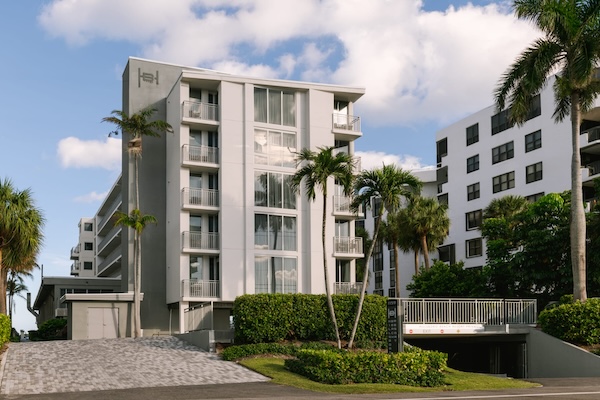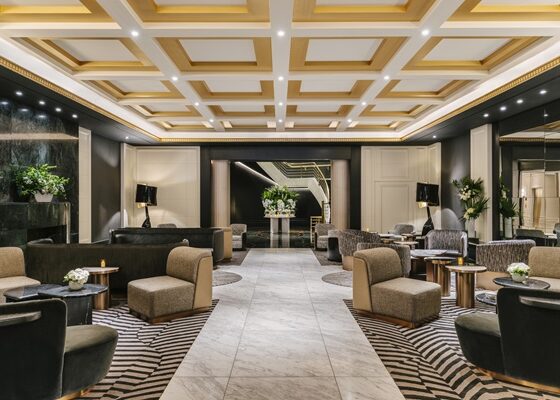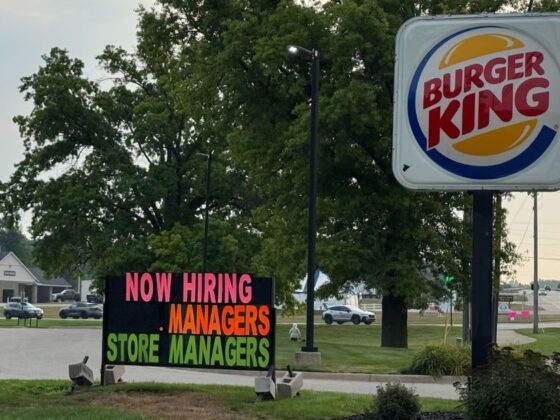
The speed of Sonder’s collapse, not the reason behind it, was most staggering. Sonder had been a darling of the industry, the promise of a hotel-like experience amid apartment-like amenities and driven through technology, the exact kind of hybrid accommodation that many of today’s modern travelers crave.
Its growth rate, into about 7,500 furnished apartments and hotel rooms across 37 cities, was enough to convince Marriott International to form a strategic alliance in August 2024, wherein Sonder properties would be marketed through Marriott’s platforms under a license agreement. Things looked great, until they didn’t.
The crescendo came November 14 when Sonder filed for Chapter 7 liquidation and Skift does a deft job of laying out the chronology of events leading up to it.
Like Icarus, the why behind Sonder’s fall from grace had the noisome whiff of another, much more well-known unicorn, WeWork. Once the darling of the co-working craze, WeWork’s business model was based on a rental arbitrage strategy where it leased large office spaces, renovated and redesigned them to its design specifications, and then sublet them at a higher price to individuals and companies on a subscription basis.
Sonder’s business model wasn’t entirely different. It was heavily based on a master lease agreement, where Sonder signed long-term, fixed-rent leases for apartment buildings and then subleased the units to travelers. And like WeWork, it can be argued that Sonder was really a real estate business disguised as a tech company.
Both companies went public via SPAC and both companies, two-plus years on from it, filed for bankruptcy.
It’s a cautionary tale: Sonder and WeWork buckled under the weight of fixed costs and long-term obligations they couldn’t keep up with due to factors including market fluctuations and aggressive expansion at the sake of profitability.
“Sonder is the WeWork movie as a rerun in slow motion,” said Roman Pedan, founder and CEO of Kasa, a hospitality company that manages a portfolio of tech-enabled apartments and boutique hotels across the U.S. Unlike Sonder, it doesn’t sign leases. Before and in the aftermath of Sonder’s collapse, it has picked up and folded in some Sonder properties. “There are a lot of similarities in their stories,” added.
Biggest of all being the lease arbitrage and master lease model, the basis of which Pedan pointed to as “the economic destruction for both companies,” arguing that there was a mismatch between the long-term fixed obligations and the short-term volatile and cyclical demand of the accommodations market. “That means over a long enough period of time there are going to be moments of distress,” he said.
Raising the Stakes
Business structure was not the only shared trait; both companies relied heavily on venture capital funding to fuel their operations. Sonder in total it raised over $839 million across multiple funding rounds, including a large Series D round in 2019 and a post-IPO equity raise in 2022. Investors included Fidelity, Westcap, Inovia Capital, Greenoaks and Spark Capital.
WeWork raised billions of dollars in venture capital funding, with its largest rounds occurring between 2014 and 2017, including a $3 billion investment from SoftBank in February 2017.
“The situation was exacerbated by them being financed by the venture capital world where they were raising more money the faster they grew and their revenue growth depended on their ability to sign leases,” Pedan said. (In August, Kasa secured a $40-million growth investment led by SLW.) “If you’re looking to sign leases more quickly, the easiest lever you have is to increase the rent you’re willing to pay.”
Sonder, Pedan argued, was tethered to a vicious cycle where in order to raise more money they needed to grow revenue quicker and to grow revenue quicker, they needed to be willing to pay more for their leases. Problem was, “raising the amount they’re paying for their leases made the company structurally less profitable once the venture music stopped,” Pedan said. “When interest rates changed, they realized they were in a really difficult position.”
Ultimately, cutting leases and expenses in order to find a pathway to profitability came too late and was a bridge too wide.
Making It WIth Marriott
Only a year after Marriott and Sonder formed their strategic alliance did Sonder go belly up. Which begs the question: Was it a smart move by Marriott to get into bed with Sonder in the first place? Yes, maybe, no, maybe, but, then, hindsight is 20/20. As lodging companies like Marriott have shifted their structure away from owning and even managing hotels to a pure asset-light, franchise model, net unit growth has become their most important lever to ingratiate themselves with Wall Street. And in today’s high-interest-rate environment, being able to add properties without having to wait for them to open is key.
There’s another reason: choice. Choice for their millions of Bonvoy members, who increasingly prefer distinction when they travel, whether it’s traditional accommodations or something like a serviced apartment. “Marriott is a consumer brand business that is trying to provide a product to meet consumer needs and the large unmet need in hospitality is alternative accommodations and apartment-style inventory,” Pedan said.
Though Kasa is not in the takeover business, assets do seem to fall in their lap not infrequently. It’s done some 35 management takeovers and several Sonders both before and after its bankruptcy declaration. Three examples are Hillsboro Beach Resort by Kasa in Florida, Kasa Capitol Hill Downtown Nashville and Kasa Cadillac Square Detroit—all former Sonder-operated properties.
“Owners have come to us because they were left with an empty building and they need cash flow quickly,” Pedan said. In speaking to owners, Pedan said many were shocked by the sheer abruptness with which the properties were left vacant, sometimes with rooms still uncleaned and items from the previous guests still there.
Sonder’s misfortune is not Kasa and others fortuity. “I genuinely feel like the team at Sonder was passionate, had great vision and were well-intentioned,” Pedan said. “They didn’t operate with low integrity; they operated with high integrity and it just didn’t work out.”









